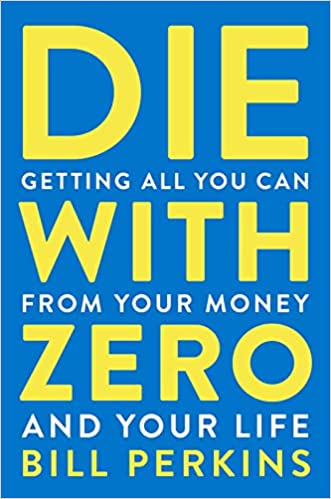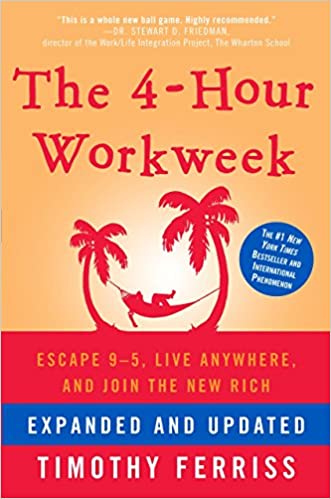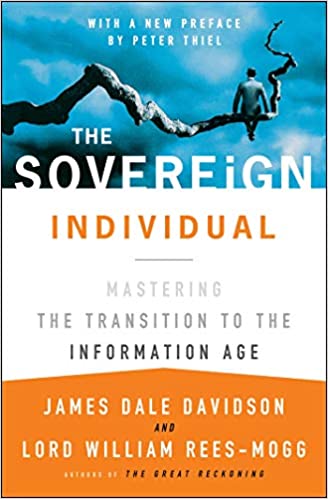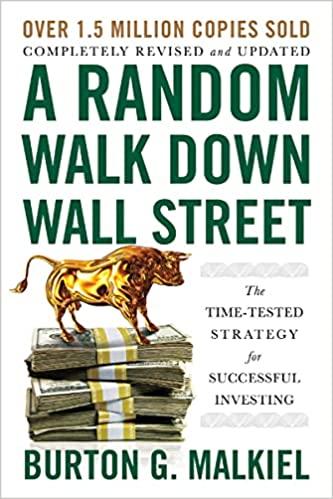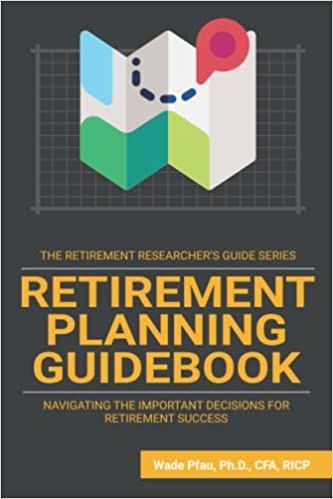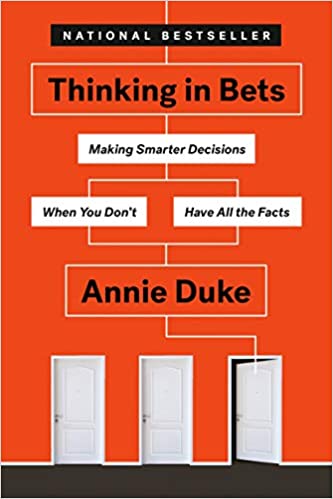Early retirement is a great goal, but many overlook one important question: How much does health insurance cost for early retirees?
Without employer coverage, you are responsible for your insurance, whether a short-term health insurance plan or something longer-term if you retire well before age 65.
How Much Does Health Insurance Cost for Early Retirees?
Early retirement can be a great way to enjoy life to the fullest, but there are many expenses to consider, including health insurance costs. The average individual healthcare plan from the Healthcare Marketplace is $438 a month without any subsidies.
The cost can vary greatly depending on the type of plan, who’s covered, where you get the insurance plan, and whether you extend coverage from your employer, join a health-sharing plan, or buy a marketplace health insurance plan.
In addition to the insurance premiums, you must also cover the deductible. Private health insurance plans usually have higher deductibles to make premiums more affordable.
This means you’re responsible for a larger portion of the medical expenses than you would with a plan with a lower deductible.
Is Health Insurance Cheaper for Retired People?
If you retire at age 65 and activate your Medicare benefits, health insurance may be cheaper in retirement.
However, you cannot access these benefits until age 65, so if you retire early, you will likely pay much more in insurance premiums than you’re used to with your employer-sponsored health insurance.
How To Get Health Insurance in Early Retirement
When you no longer work for your employer, you may lose your employer’s health plan. That’s why planning before you retire is crucial.
Depending on the size of the company you worked for, your employer may be required to extend coverage options for your employer-sponsored insurance.
You also have the option to apply for Medicaid, add yourself to your spouse’s insurance plan, or consider health-sharing plans.
Top 3 Health Insurance Options for Early Retirement
If you aren’t disabled and your income didn’t decrease much after retiring, Medicaid may not be an option. COBRA, health-sharing plans, and the ACA Marketplace plans are the most commonly used options when considering health insurance options in early retirement.
1. Consolidated Omnibus Budget Reconciliation Act (COBRA)
COBRA coverage is an extension of your employer-sponsored plan. Your coverage doesn’t change.
However, your premiums do. If your employer covered a percentage of your health insurance premiums while you were employed, they will likely no longer do that, leaving the entire premium to you. Most employers allow you to use your COBRA coverage benefits for 18 to 36 months.
While the premiums will likely increase, there are benefits of using your COBRA benefit:
- It’s a group plan: Group insurance plans often have better coverage, lower premiums, and deductibles. Even though you must pay 100% of the premiums, your out-of-pocket maximums, deductibles, and coverage doesn’t change.
- Pay from your HSA: If you still have HSA funds, you can use them to pay your COBRA premiums.
2. Health-Sharing Plans
Health-sharing plans are run by organizations, usually faith-based groups or other organizations with similar beliefs or something in common.
The premiums for health-sharing plans may be lower than other options because you aren’t purchasing a health insurance plan from a health insurance company. Instead, you pool your funds with other plan members, and the organizer holds the funds in an escrow account.
When you have medical expenses, you use a portion of the pooled funds if it’s a covered event. Because this isn’t a health insurance plan, there are often many rules and exclusions to keep the costs down while helping to cover medical costs.
3. ACA Marketplace
The Affordable Care Act Marketplace is the most common way to get health insurance coverage during early retirement. The open enrollment period for the healthcare marketplace begins November 1 and ends January 15 in most states.
The nice thing about ACA coverage is everyone is accepted regardless of their pre-existing conditions; no one can be denied. Another benefit of the ACA marketplace plan is you may be eligible for premium tax credits, depending on your income.
The tax credit is a government subsidy to make insurance premiums more affordable. However, the subsidy is directly tied to your income, so the more you make, the lower the credit.
You can use the Kaiser Family Foundation Health Insurance Marketplace calculator to determine the estimated cost of insurance coverage for you and your family during early retirement, including any potential subsidies.
Additional Early Retirement Health Insurance Options
The three methods above are the most common and attractive ways to secure health insurance in early retirement, but there are a few other ways you may consider.
Part-Time Job
You probably didn’t envision yourself working in retirement, but some people don’t like the downtime and would rather fill it working at a job they love, or at least a less stressful job.
Fortunately, many companies, like Costco and Starbucks, offer health insurance coverage for part-time employees working 20 to 24 hours a week.
Private Insurance Coverage Purchased Outside of the ACA Marketplace
If you have specific healthcare needs or need an option to see out-of-network providers, you may consider a private insurance policy. These are policies purchased outside of the ACA Marketplace, so they don’t include any tax benefits.
Healthcare.gov offers a Finder Tool to help you locate private health insurance to compare to the healthcare coverage available from the Marketplace.
Restrict Income to <1X Federal Poverty Level and Use Medicaid
Since you have control over your income during retirement, you can restrict it to remain below the federal poverty level so you are eligible for Medicaid. However, this may not be feasible for most families since the federal poverty level for a two-person family is $19,720 per year.
Factors Affecting Health Insurance Costs for Early Retirees
When considering how much health insurance costs for early retirees, you must consider the health insurance cost implications, including the following:
Age
The older you are, the more your insurance premiums increase. Like any insurance coverage, health insurance companies charge premiums based on your riskiness of filing a claim.
As you age, your risk of having health issues increases, which is why health insurance companies charge higher premiums.
Location
Where you live determines the cost of your health benefits. Health insurance covers some or all of the health care costs you incur. If the costs are high in your area, your monthly premiums will cost more than if you lived in a lower-cost area.
Health Status
If you purchase retiree health insurance from any source other than the Healthcare Marketplace, you may pay higher premiums for pre-existing conditions or health risks.
ACA plans cannot deny coverage or charge higher premiums for pre-existing conditions, but the same rules do not apply to plans outside of the Marketplace.
Coverage Options
Most insurance plans have multiple coverage options, and the different levels have varying costs. The more variations you require, the more the insurance costs.
For example, if you need to see out-of-network doctors or need special coverage, such as chiropractic care or mental health coverage, it can increase the cost.
Family Size
The more people you must insure, the higher the premiums. Most retirees only have themselves and their spouse to cover, but if you still have children at home, you may need to include them in your plan, increasing the cost.
Income
If you choose an ACA Marketplace plan, your premiums directly relate to your income. The more money you make in early retirement, the lower the premium tax credit you’ll receive, leaving you responsible for a larger amount of the total premium.
Plan Type
Most insurance companies have options for an HMO or PPO plan.
HMO plans often have lower premiums in exchange for more restrictions, such as requiring that you see your primary care physician before seeking specialist care. Without a referral, the HMO policy may not cover the expense.
PPO plans may have higher premiums, but they provide more flexibility in choosing your providers and seeing specialists without a referral.
Deductibles and Out-of-Pocket Maximums
The deductible is the amount you’re responsible for paying before the health insurance company covers any portion of your healthcare expenses. The higher the deductible you take, the lower the premiums insurance companies charge, and vice versa.
The same is true of out-of-pocket maximums. This is the maximum amount you’re required to pay in a calendar year for your healthcare expenses.
If you reach that limit, the insurance company usually covers 100% of the remaining qualified medical expenses. The more responsibility you take for the out-of-pocket maximum, the less you’ll pay in premiums.
Insurance Provider
Every insurance provider has different costs depending on the type of coverage they offer. It’s always a good idea to get quotes from several providers to see which offers the most affordable yet comprehensive coverage during early retirement.
Tips To Lower Your Health Insurance Costs as an Early Retiree
While health insurance costs can be high during early retirement, there are some ways to minimize the costs:
- Keep income to a minimum: Try keeping your income as low as possible until you’re eligible for Medicare. The less money you make, the higher the premium tax credit you receive, lowering your insurance premiums.
- Build a cash cushion: Have money saved to cover your healthcare expenses so you can take a higher deductible and lower your premiums.
- Explore all options: Consider all your options for health insurance during early retirement, including COBRA coverage, ACA plans, and any private insurance plans available.
FAQs
What Is the Best Health Insurance for Early Retirees Under 65?
Most people in early retirement find the best health insurance on the Marketplace. The premium tax credits and multiple coverage options make it easy to find affordable coverage to bridge the gap until you are available for Medicare.
Can You Get Medicare Before Age 65?
You are only eligible for Medicare early if you have end-stage renal disease, ALS, or another qualified disability.
What Is the Average Medical Cost per Year in Retirement?
The average medical expense for a healthy couple in retirement is $16,155 annually and will increase as they age and according to the current inflationary rates.
Do You Have To Pay for Medicare if You Retire Early?
If you don’t have at least 40 work credits to get Medicare Part A, you may still be eligible for it, but for a premium, depending on the number of work credits you have.
Can Early Retirees Expect To Pay More for Health Insurance as They Age?
Everyone pays more for health insurance as they age. It’s the natural course of action because as we age, we naturally have more health issues and need more medical attention.
Health insurance companies typically increase the premiums accordingly to cover the higher expenses.
Can I Open My Own Health Savings Account if My Employer Doesn’t Offer One?
You can open an HSA yourself if your employer doesn’t offer one. However, you must have a qualified high-deductible health insurance plan to contribute.
Can Early Retirees Use Health Savings Accounts (Hsas) To Lower Healthcare Costs?
Yes, early retirees can use HSA funds to pay their healthcare costs. The only exception is the insurance premiums. You may only use HSA funds to pay COBRA premiums, not marketplace plan premiums.
How Can Early Retirees Compare and Select the Right Health Coverage Plan To Meet Their Needs and Budget?
The easiest way to find the best health insurance plan is to explore your options with the Marketplace, read your employer’s COBRA options, and use the Marketplace finder tool to explore private insurance options.
Compare all policies, including the premiums, deductibles, and coverage, to ensure you get the plan that meets your healthcare needs and budget.
The Bottom Line
Retiree health benefits include Medicare, which is something many early retirees overlook.
Even if you have a picture-perfect medical history, you’ll need medical insurance at some point to cover your qualifying medical expenses. Knowing how to find the best plan to bridge the gap until you’re eligible for Medicare is a big piece of the puzzle.



